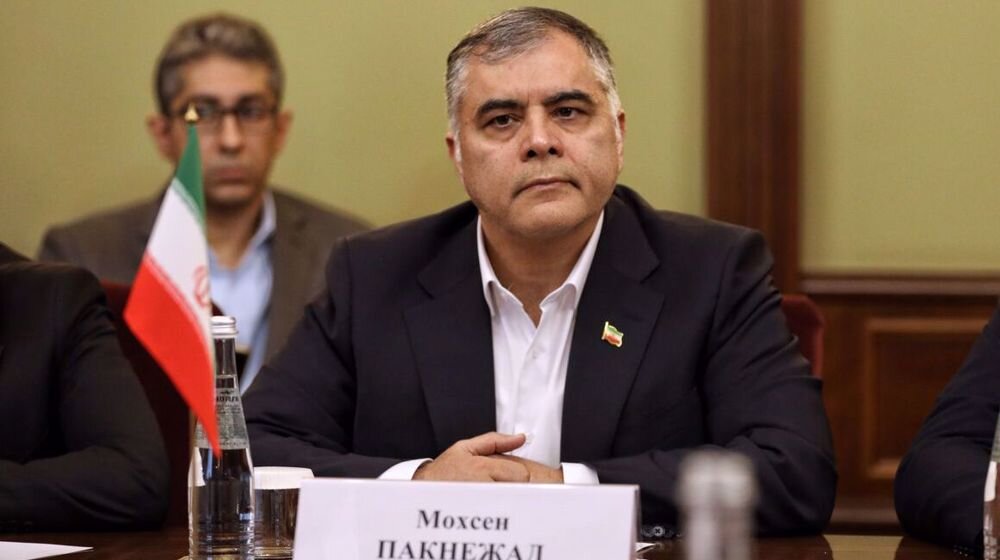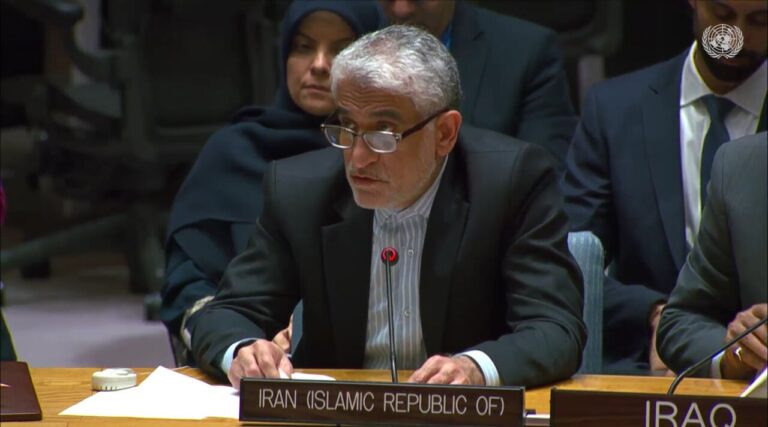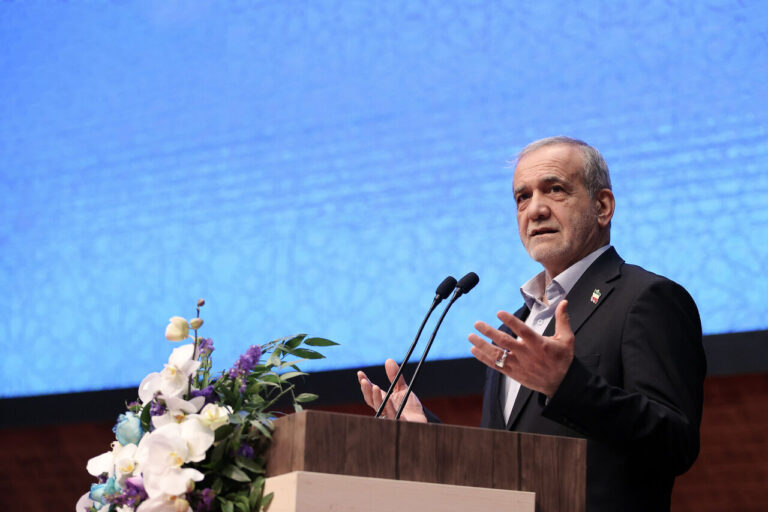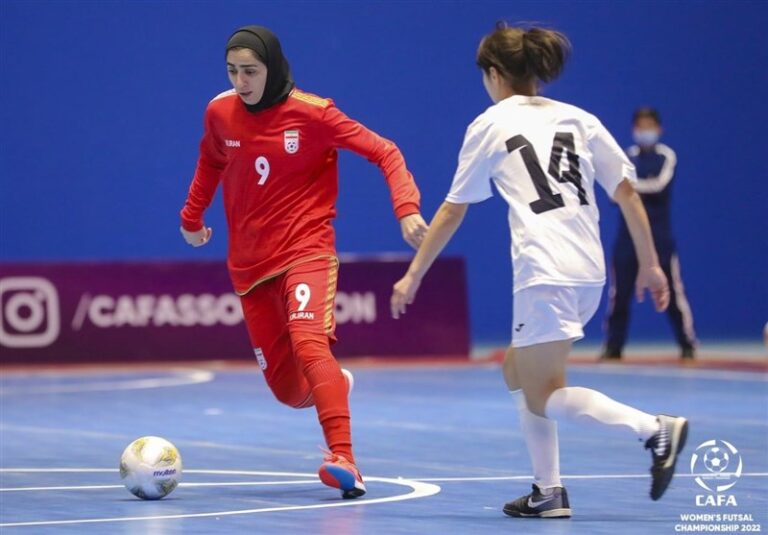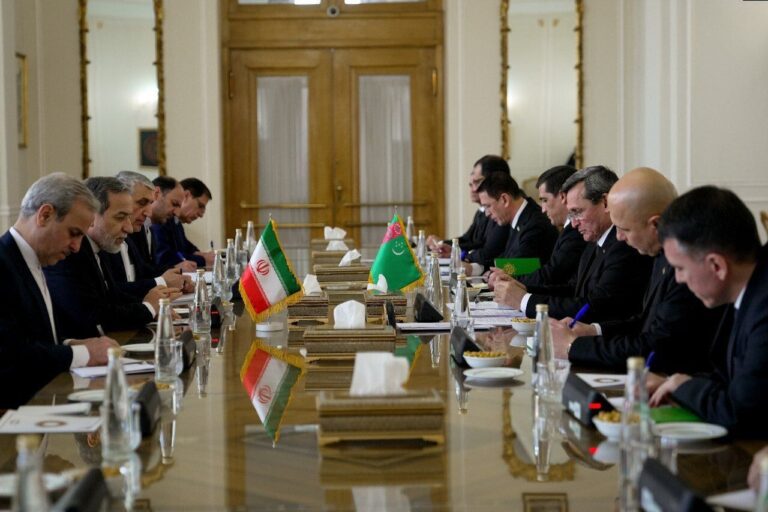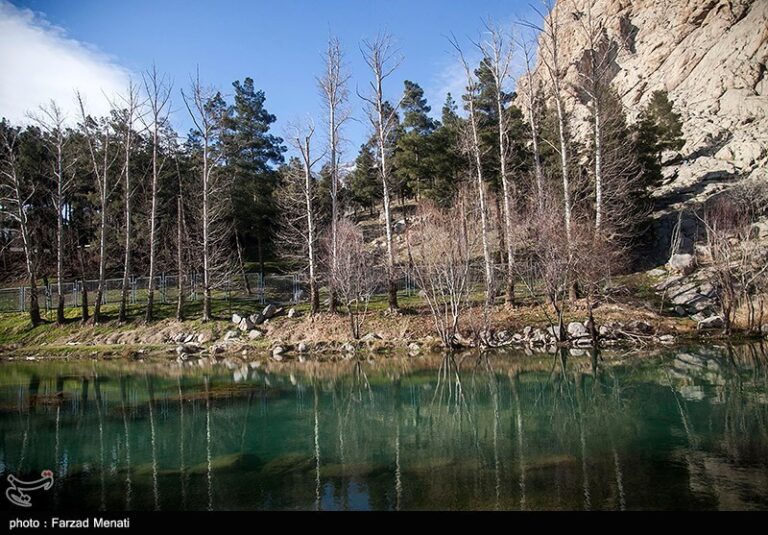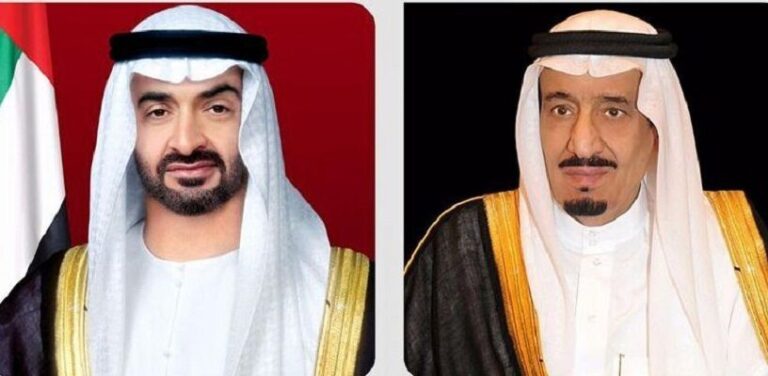Russia Invests in Iran’s Future: Major Funding Secured for Nuclear Power Plant Construction
In a significant development for international relations, Iran and Russia have reaffirmed their commitment to cooperate in the peaceful use of nuclear energy. This collaboration includes the construction of new nuclear energy facilities and the completion of phases two and three of the Bushehr power plant, supported by Moscow’s credit line. The announcement was made by Iranian Minister Paknejad during the 18th Joint Economic Cooperation Commission meeting held in Moscow, as reported by PressTV.
During the closing ceremony, Paknejad outlined several key agreements aimed at enhancing bilateral ties between the two nations. Here are some of the major points discussed:
- Strengthening Oil Industry Cooperation: Both countries have agreed to enhance collaboration in the upstream sectors of their oil industries and develop oil and gas fields.
- Gas Import and Trade: Tehran and Moscow aim to expedite the implementation of cooperation memorandums with Gazprom. This includes importing gas from Russia and potentially trading gas through swap or transit arrangements to other countries.
- Petrochemical Industry Development: The minister highlighted the importance of bolstering cooperation in the petrochemical industry and engaging with Russian companies to develop oil fields in accordance with existing contracts.
Paknejad emphasized the significance of the transit of Russian gas, noting that Iran has the potential to become a regional gas hub. He stated, “One of the areas of interest for both sides, in the first phase, is the import of gas from Russia, and in the second phase, the trade of gas through swap or transit to other countries.” He also mentioned that extensive negotiations are underway, with only a few remaining details to finalize regarding the volume of gas imports.
The minister expressed optimism about the outcomes of the 18th commission meeting, believing that the collaborative efforts of Iranian and Russian representatives will help overcome structural barriers and existing challenges. He noted the potential for elevating bilateral relations to a level that reflects the stature of both nations.
Paknejad further highlighted the benefits of multilateral cooperation between Iran and Russia, particularly through their memberships in organizations such as the Shanghai Cooperation Organization, BRICS, the Gas Exporting Countries Forum, and OPEC+. He stated, “This collaboration has led to the provision of common interests, peace, stability, and international security, and I am confident that this cooperation will deepen.”
He stressed the importance of Iran-Russia relations on the global stage, saying, “In the field of global diplomacy, the relations between Tehran and Moscow are noteworthy.” This sentiment underscores the strategic nature of their partnership in addressing regional and international issues.
In related news, Russia’s state news agency RIA reported that President Vladimir Putin has ratified a strategic partnership agreement with Iran, which was initially signed in January. This agreement, which has a duration of twenty years, establishes a legal framework for long-term cooperation across various sectors, including:
- Defense
- Energy
- Industry
- Agriculture
- Finance
- Transportation
- Science
- Culture
- Technology
The agreement was previously approved by Russia’s State Duma, marking a significant step towards cementing the strategic alliance between the two nations. The partnership is expected to facilitate not only energy cooperation but also collaborations in diverse sectors that can lead to mutual benefits and strengthened ties.
As Iran and Russia continue to explore opportunities for collaboration, the geopolitical landscape may witness significant shifts, particularly in energy security and regional stability. The ongoing discussions and agreements signal a proactive approach to fostering economic and strategic partnerships that could have lasting impacts on both countries and their respective regions.
In conclusion, the developments from the 18th Joint Economic Cooperation Commission highlight the deepening ties between Iran and Russia, with a focus on energy cooperation, strategic partnerships, and mutual interests in various sectors. As both countries navigate their roles on the global stage, their collaboration could play a pivotal role in shaping future geopolitical dynamics.
